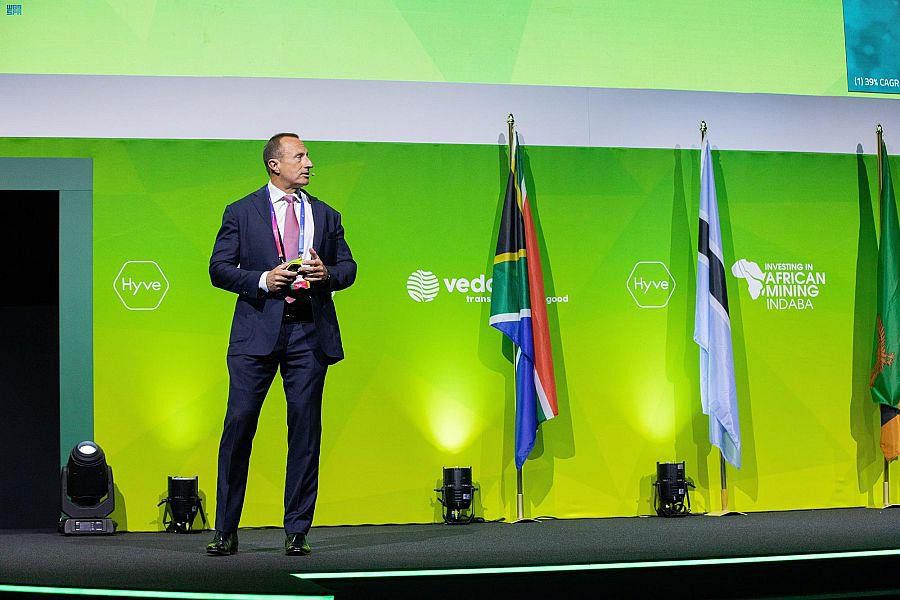
South Africa’s National Treasury on Thursday pledged to cut the deficit and curb debt in its mid-term budget, saying it would not commit to new long-term spending despite a windfall from high commodities prices.
Africa’s most industrialised nation was hit hard by the COVID-19 pandemic last year, but its economy bounced back unexpectedly strongly in 2021 as global demand for its exports, such as metals, surged.
The Treasury now sees the deficit at 7.8% of gross domestic product (GDP) this fiscal year, versus the 9.3% forecast in the main February budget, and gross debt peaking at 78.1% of GDP in 2025/26 versus the 88.9% seen in February.
The improved projections were influenced by a GDP rebasing by the statistics agency in August.
ADVERTISEMENT
The Treasury set a new target of narrowing the deficit to 4.9% of GDP in 2024/25.
The rand currency and benchmark 2030 government bond extended gains on the pledges.
The Treasury now sees GDP expanding 5.1% this year, compared to the 3.3% predicted in February.
“The economy has recovered more quickly than anticipated. Nevertheless, the recent spike in commodity prices, which has supported GDP growth and tax revenues, is considered temporary,” it said.
“Government will not commit to new long-term spending in response to temporary revenue windfalls.”
CAUTIOUS APPROACH
The mid-term budget comes a week after the governing African National Congress recorded its worst election result since taking power at the end of apartheid, securing less than 50% of the vote for the first time amid frustration over electricity cuts and repeated corruption scandals.
The coronavirus crisis has prompted heated debate about whether the country’s already generous social protection programmes should be expanded.
ADVERTISEMENT
But the Treasury said additional funding for social grants was dependent on revenue outcomes and a decision would be made by the cabinet in time for the February 2022 budget, sticking to the cautious approach for which it has become known.
“In the absence of faster, job-creating growth, it is essential to maintain social protection in a sustainable way,” it said.
The Treasury said it would provide 2.9 billion rand to state defence company Denel to help it repay part of its debt and that it had provisionally set aside 11 billion rand for state insurer Sasria in the wake of civil unrest in July.
Duncan Pieterse, a senior Treasury official overseeing asset and liability management, said Denel’s guarantee conditions meant the state had to step in.
Beyond the amounts to Denel and Sasria, the Treasury said there would be no new money for state companies over the medium term.
“We’ve got to practice tough love,” Finance Minister Enoch Godongwana told reporters, referring to efforts to put an end to repeated bailouts to state firms.
Godongwana, appointed in a cabinet reshuffle in August, said he was “broadly ... on the same page” from a fiscal standpoint as his predecessor, Tito Mboweni.
He told Reuters that top priorities for the government should be adding more power capacity and establishing a track record on implementing structural reforms. (Reporting by Alexander Winning and Olivia Kumwenda-Mtambo; Editing by Kirsten Donovan and Andrea Ricci)












